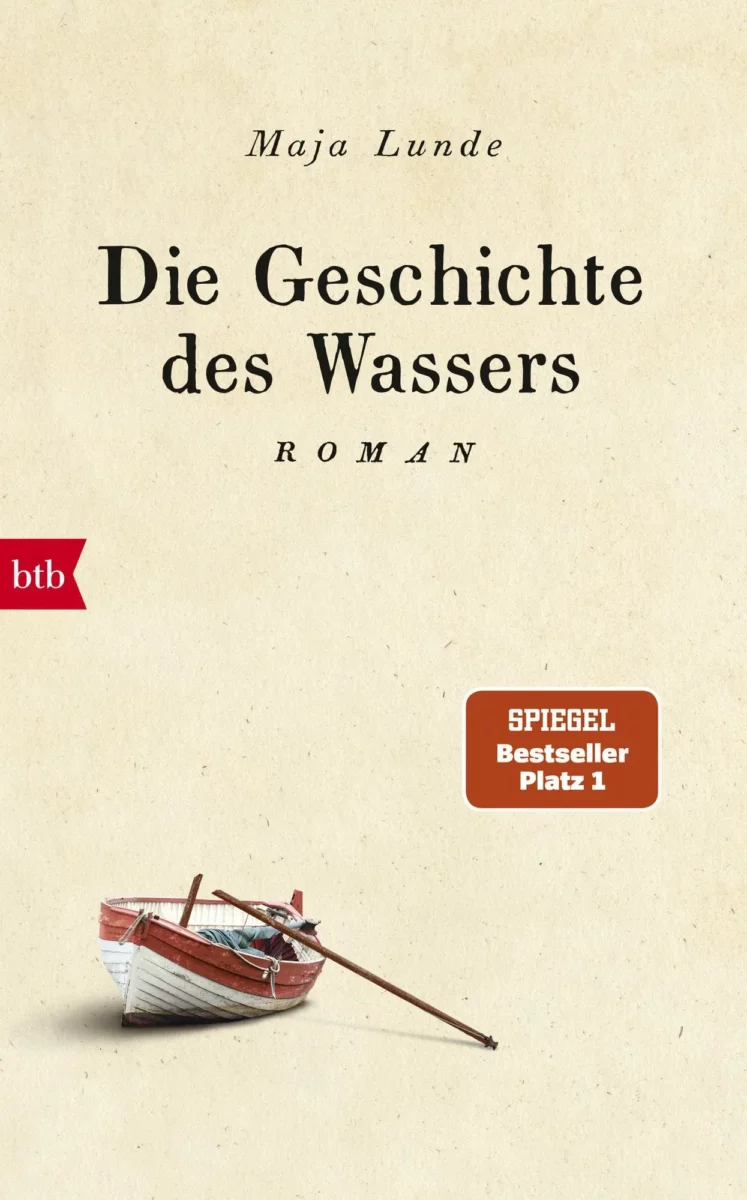Don’t moan when it rains!
Yes, August was beautiful, the last few weeks were long-lasting midsummer with temperatures around 30°C. Since the change in the weather, it’s 15°C less and it’s raining. The first people around me are already getting upset, typical!
Germany, once a land of water, is facing major challenges. We need the water to create new groundwater. Even if we do not yet have a water shortage in Germany, this precious resource must be used sensibly. In the forecasts of the Federal Institute for Geosciences and Natural Resources (BGR) it is about future stocks. In unfavorable scenarios, the authority assumes that groundwater stocks will fall, particularly in northern Germany and the east, due to expected droughts.
Future concepts are needed here
How can we use the precipitation from the winter months in summer? How can we deal with heavy rainfall events? The last few years in particular have shown that extremes are becoming more frequent. And will become more frequent in the future. Agriculture will be the hardest hit.
Wine-growing regions also affected
Viticulture only takes place on around 5% of agricultural land in Germany. Nevertheless, local winegrowers are facing new challenges. Just as the agricultural industry needs new, resistant crops, new grape varieties are moving into the focus of the wine industry. Varieties that can cope better with long dry periods in particular.
Reorganize water consumption
Especially after the five dry summers, it was important that the rainy quarters 4/23 and 1/24 compensated for the groundwater losses and allowed us to breathe a sigh of relief for a moment, but forest owners are thinking more long-term. Forester Therese Veddeler(Regional Forestry Office Rureifel-Jülicher Börde) says: “That’s not enough, we’d like two more wet years!”.
Change water consumption
The classic land rainfall, which ensures good drinking water supplies over a long and consistent period, will become rather rare in the future. The National Water Strategy is therefore not just aimed at agriculture. Cities will also have to reorganize themselves. Keyword: “sponge city”. In which precipitation is stored and not channeled into the sewage system. There will have to be a separation between service water, surface water and drinking water, which will require separate networks. This will still cost us a lot of money, but we will make these investments because water is life and we cannot do without it.
Saving water is cheaper
Private water consumption must no longer be a “sacred cow” in the future. Every German citizen consumes an average of 121 liters per day. This does not include indirect consumption, e.g. what is consumed in the manufacture of products and food. We need to raise awareness, because: Water comes out of the tap every day at an incredibly cheap price. We waste water without a guilty conscience. Perhaps out of ignorance or because it is too cheap? Does the same apply here? What costs nothing is worth nothing?
Our next posts will be about water and how to use it wisely. Follow us on Instagram!
Book tip:
A great novel is recommended for anyone who enjoys reading. The author Maja Lund has wonderfully embedded the “history of water” in the Norway of 2017 and France in 2041. Anyone who has read this knows how little water we will have to make do with in the future 😉
More at: https://www.penguin.de/buecher/maja-lunde-die-geschichte-des-wassers/taschenbuch/9783442718313 Paperback, 496 pages, Published: 10.06.2019
